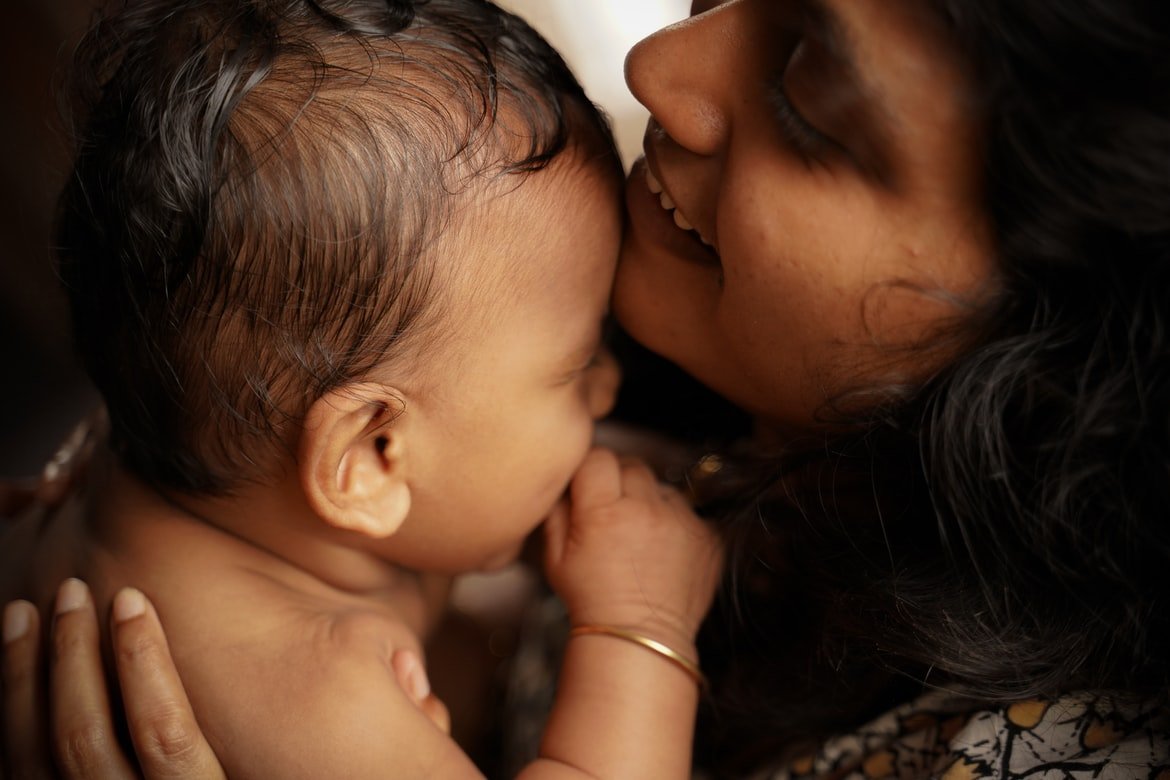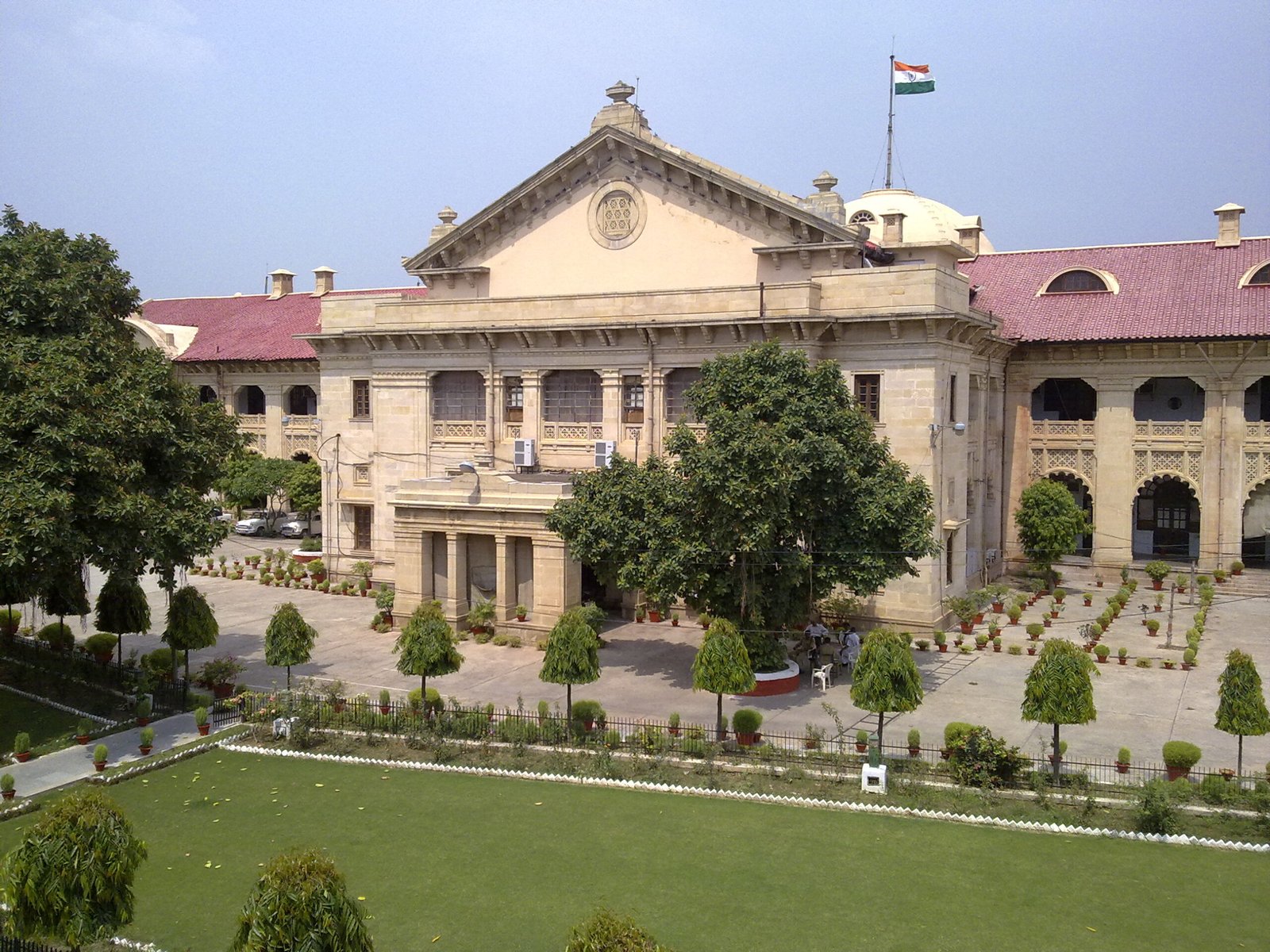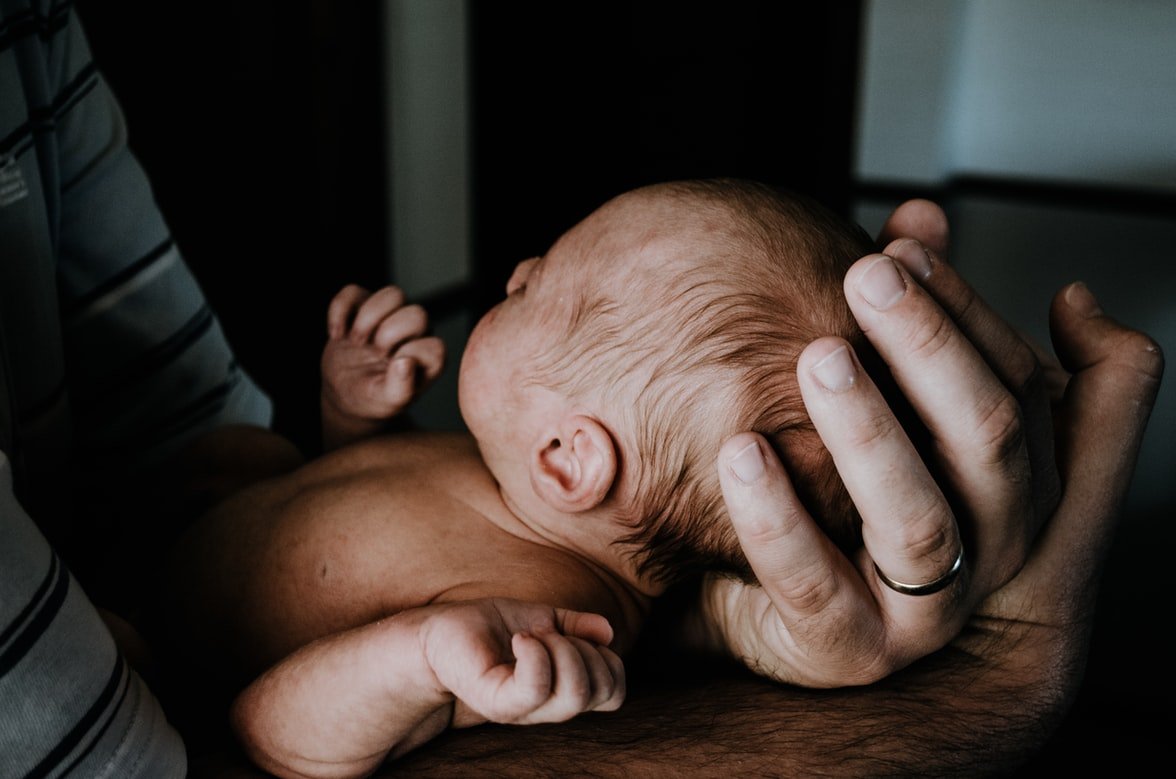Adoption is a legal procedure in India. The process involves seizing away the legal rights and obligations of a child to their biological parents followed by announcing a parent-child bond between people who aren’t connected by blood. This when done by parents belonging to other nations is known as “inter-country” adoption. For many prospective adoptive parent[s], opting for international adoption is better than adopting domestically.
A diverse country, India, has very stringent rules and regulations for adoptions, violations of which may attract harsh actions against the guilty. These rules have been shaped over the years by social reform campaigners and child welfare groups. But there is a slight glitch with the country laws as it doesn’t have any clear rules for inter-country adoption. Addressing the issue, the Delhi High Court has directed the Women and Child Development (WCD) ministry to come up with a procedure and submit a report to the court.
Since adoption is such a significant practice, the country has enacted a number of limitations and specifications. Additionally, there happen to be many concerns arising in international adoption such as who is eligible to adopt or adopted, consequences of adoption on succession rights, among others. Generally, prospective adoptive parents must fulfil the statutory adoption criteria of both their home and the child’s country of origin.
Vid-ref
In India, adoption is regulated by CARA, a centralised authority, which follows the procedure ruled under Juvenile Justice Act, 2015 and Hindu Adoption and Maintenance Act (HAMA), 1956. With the scarcity of any clear rules for international adoption, parents under this criteria knocked on the court’s door. Representing those prospective parents Advocate Anil Malhotra, a specialist on the subject, stated, “Adoptions in India take place under two laws — Hindu Adoptions and Maintenance Act, which is applicable to Hindus, and the Juvenile Justice (Care and Protection of Children) Act, 2015, is secular law.”
“CARA grants NOC to the adoptive parents, who wish to take the child out of India. However, in cases of adoptions under HAMA, which are not governed by the JJ Act, CARA only certifies the adoption to have taken place as per the Hague Adoption Convention 1993,” he continued, adding that the 1993 convention calls for approval from a central authority.
After hearing the plea, a single bench of Justice Pratibha Singh pointed out that a clear mechanism to enable inter-country adoptions is needed under HAMA and that there was a clear gap in the area. “The Hague Convention recognises HAMA adoptions under Article 37 but also stipulates acquiring of a NOC from the Central Authority in case of inter-country adoptions. Thus, in India, a framework would have to be put in place to enable issuance of a NOC in respect of inter-country adoptions which are validly undertaken under the provisions of HAMA,” reads the order passed by Singh.





